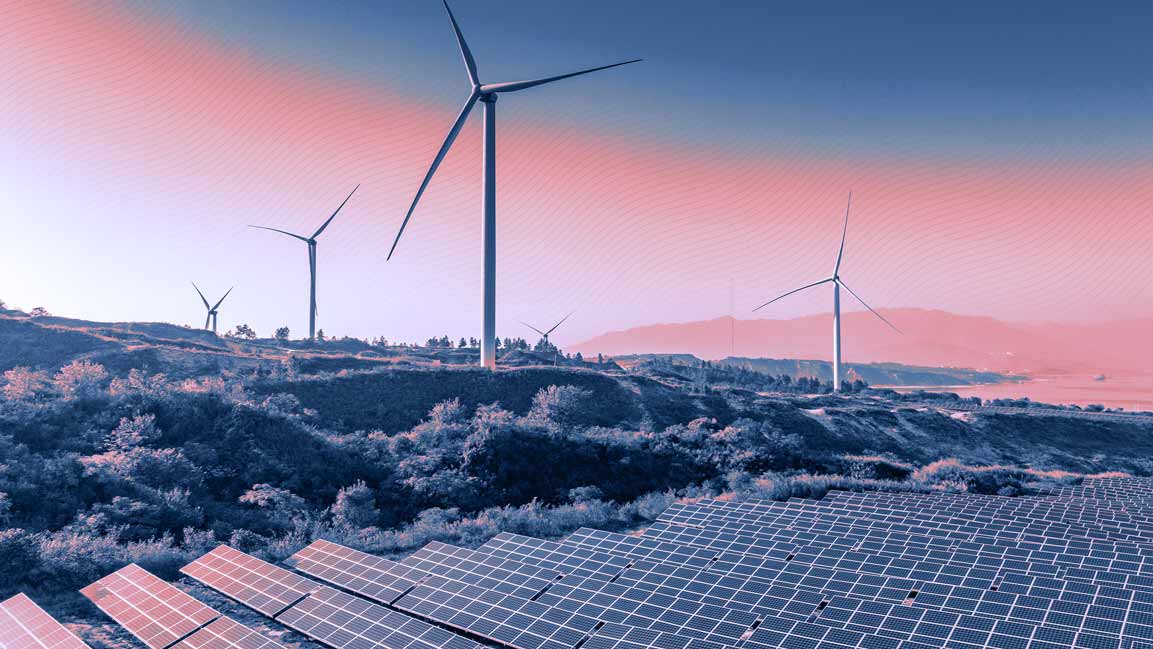- | 11:00 am
Egypt targets 42% renewable energy by 2040
Egypt aims to secure a 5-8% share of the global green hydrogen market by that year.

At the BRICS Energy Ministers Conference, Minister of Electricity and Renewable Energy Mahmoud Esmat unveiled Egypt’s ambitious energy targets. The country aims for renewable energy to account for over 42% of its energy mix by 2040 and to capture 5-8% of the global green hydrogen market by the same year.
Speaking at the conference’s opening session in Moscow, Esmat emphasized Egypt’s commitment to transitioning toward sustainable energy and leveraging its abundant renewable resources, particularly solar and wind power.
He highlighted that the country’s strategy focuses on optimizing natural resources to reduce carbon emissions and promote green energy initiatives. Esmat detailed Egypt’s efforts to diversify its energy mix and enhance efficiency, emphasizing the role of renewables alongside nuclear power in driving the green transition.
Esmat also spotlighted Egypt’s recent launch of a national hydrogen strategy to position the country as a leader in green hydrogen production. He noted the formation of the National Hydrogen Council and the introduction of new legislation providing investment incentives, signaling the government’s commitment to attracting foreign capital into this growing industry.
Esmat also emphasized the need for deeper cooperation within the BRICS bloc, particularly in hydrogen transport and technology development. He highlighted ongoing partnerships with BRICS members, such as joint efforts between Egypt and Russia on the El Dabaa nuclear power plant and collaborations with China in various energy sectors, including green hydrogen.
The minister further highlighted active projects with India in thermal power and hydrogen development. Additionally, he noted the progress of Egypt’s unified electrical grid, which currently connects with Jordan, Sudan, and Libya, and is set to extend to Saudi Arabia soon.
Now accepting applications for Fast Company Middle East’s Most Innovative Companies. Click here to apply.































